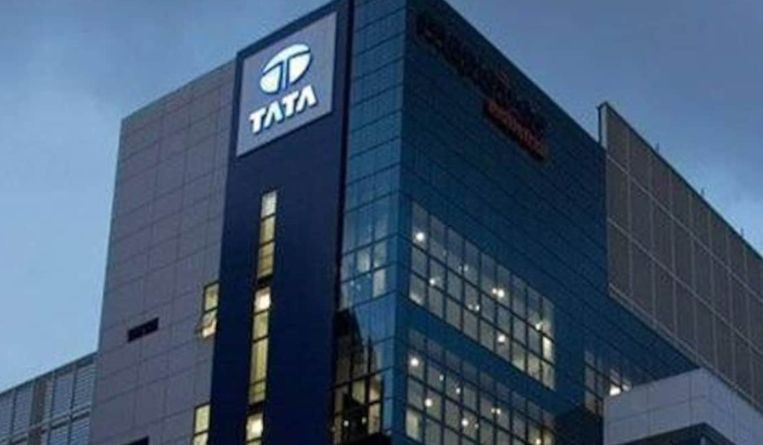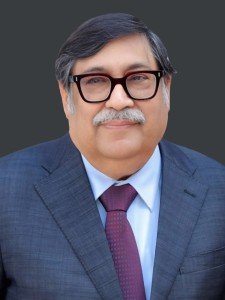Beyond well-knowness…
30 November 2022

The TATA Group is undoubtedly India’s most famous conglomerate established in the year 1868. The TATA Group is involved in business activities almost across all sectors from salt to aircraft. The TATA Group has many trusts created for the greater good of India and its people. The trusteeship principle governing the way the TATA Group functions casts it in a rather unique light, i.e. ‘Capitalistic by definition but Socialistic by character’.
The well-known trademark TATA
Various courts have acknowledged and declared the mark TATA as a well-known trademark under the provisions of Section 2(1)(zg) of the Trade Marks Act, 1999. Indian Courts have also granted huge amounts of damages to the group and against infringers who have misused the well-known trademark TATA. In some cases, the group has settled cases where the infringers agreed to give money towards charity and to engage in community service activities. In the case of Tata Sons Pvt. Ltd. v. Manoj Dodia, CS(OS) No. 264/2008, the Hon’ble High Court of Delhi passed a final judgment dated March 28, 2011, granting damages and noting that the group consists of over 100 companies, of which more than 50 companies use TATA as a key and essential part of their corporate names.
The court categorically noted that it is difficult to dispute that as far as India is concerned, TATA is almost a household name and that the group has numerous trademark registrations in India for the mark TATA. It was finally held that the TATA group enjoys a huge reputation not only in India but also in many other countries, and therefore, the court had no hesitation in holding that the mark TATA, whether word mark or device or when use in conjunction with some other words, is a well-known trademark within the meaning of Section 2(1)(zg) of the Trade Marks Act, 1999. The court further noted that the unauthorized use of the trademark TATA in relation to any goods or services is, therefore, likely to be taken as a connection between the TATA Group and the goods or services. The court in this case also injuncted the defendant from using the mark TATA in all forms and manner.
Well-knownness – 1 UP
In the recent decision dated September 19, 2022, of the Division Bench of the Delhi High Court in Tata Sons Private Limited v. Hakunamatata Tata Founders, FAO(OS) (COMM) 62/2022, the defendant was located in London and was engaged in the business of cryptocurrency under the brand TATA. They were also selling merchandise such as caps, T-shirts, face masks, etc., bearing the mark TATA. The said cryptocurrency could be purchased from across the globe including from India. Even though the defendant was not located in India, the court considering the facts of the case held that “Even if a website is not directed at customers in a particular country, the fact that they are not restricted by the website to have access to it, is enough to categorize it as targeting. Targeting need not be a very aggressive act of marketing aiming at a particular set of customers. Mere looming presence of a website in a geography and ability of customers therein to access the website is sufficient, in a given case. It may not be forgotten that in the matters of infringement of trademarks, it is the possibility of confusion and deception in the minds of public due to infringing trademark that is good enough for the Court to grant injunction.”
The defendant was injuncted from using the mark TATA as part of their cryptocurrency, merchandise and even as part of their domain and website.
The court in this case took the well-knownness of the mark TATA to the next level by holding that “In India, the trademark TATA is embedded in the sub-consciousness of public. In public consciousness, the word ‘TATA’ is only relatable to [the] TATA group of companies. The pre-eminence of the business reputation of the TATA group and the popularity of the trademarks is beyond contest. There is sufficient pleading in the plaint to reach the said conclusion. Even otherwise, this Court can take judicial notice of the pre-eminence of popularity of the trademarks in question. The universal popularity of the appellant’s trademark is not confined to a few products or services. As stated above, in public consciousness, TATA’s are believed to be ubiquitous across all business.”.
Conclusion
The above case of the Division Bench of the Delhi High Court not only has taken the concept of a well-known trademark a notch ahead, but it has also come to the rescue of right holders in India whose well-known marks are being infringed by unknown persons sitting in some corner of the globe while hiding behind the wall of anonymity. Through judicial intervention, this initiative has laid the stepping stone for stronger protection of well-known marks online.








